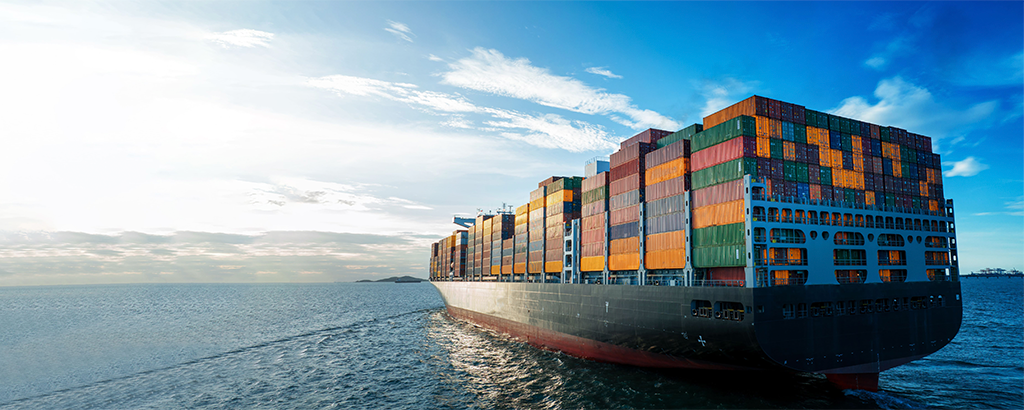
Cargo ships are the unsung heroes of global commerce, acting as the primary means for transporting goods across oceans and connecting markets worldwide. These massive vessels are crucial to international trade, carrying everything from raw materials and manufactured goods to food and electronics. Without them, the global supply chain would falter, affecting industries and consumers alike.
At the heart of global trade, cargo ships offer unparalleled efficiency. They are capable of transporting vast amounts of goods in a single voyage, which helps to keep transportation costs low and, by extension, reduces the cost of goods. Their role in linking markets thousands of miles apart is fundamental to economic growth and development. The versatility of cargo ships allows them to handle a wide range of products, from containerized consumer items to bulk cargo like grains and coal.
Operating a cargo ship involves a complex interplay of several components. Major shipping companies, such as Maersk and MSC, manage large fleets and oversee the logistics of moving goods between ports. Ports themselves provide essential infrastructure, including cranes and warehouses, to facilitate efficient loading and unloading. Shipping routes, carefully planned to optimize fuel efficiency and travel time, are critical to ensuring timely delivery.

Despite their importance, cargo ships face several challenges. The environmental impact of shipping, including greenhouse gas emissions and pollution, has led to increased pressure for the industry to adopt cleaner technologies. Economic volatility and fluctuations in global trade can affect shipping rates and profitability, as seen during events like the COVID-19 pandemic, which caused significant disruptions. Port congestion also poses a challenge, as increased global trade volumes can lead to delays. Additionally, the threat of piracy in certain regions necessitates robust security measures.
The future of cargo shipping is likely to be shaped by ongoing innovations and evolving trends. There is a strong push towards sustainable shipping practices, with developments in wind-assisted propulsion and alternative fuels like hydrogen. Digitalization and automation are transforming the industry, improving efficiency and transparency through technologies such as blockchain and artificial intelligence. The growth of e-commerce is also driving investments in logistics infrastructure to meet increasing demands for fast and reliable shipping.
In conclusion, cargo ships are integral to the global economy, facilitating the movement of goods and connecting diverse markets. Despite facing challenges, they remain essential to international trade, and advancements in technology and sustainability will continue to influence their role in global transport.





